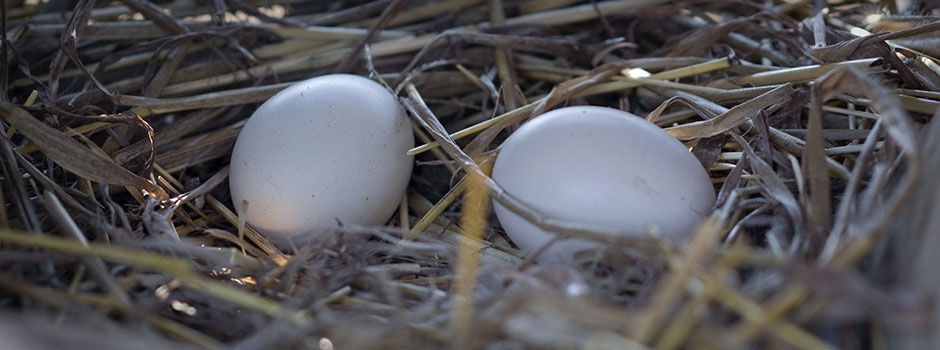Value organic matter doubles sales margin of composted cattle manure
[Algeria]
Many Algerian smallholder dairy farmers operate without land. As a consequence they don’t value manure, and most often let it go to waste. Incidentally, old farmyard manure is bought by traders. Multinational dairy company Danone is concerned about loss of potential as a fertilizer, and the negative environmental and health impact of the wasted manure and gave access to data about the Algerian context and to some of their farmers to help LMMC project to work on a concrete case.
Calculations show that manure management aiming to utilize organic matter and nutrients is profitable. The profitability comes from both the organic matter and the nutrients in manure.
The LMMC project prepared a cost benefit analysis for covering and composting the manure of the Danone’s smallholder landless milk suppliers. It appeared that the prices of old farmyard manure paid by traders, are higher than the single NPK fertiliser replacement value would justify, and moreover amply cover the compost production costs for labour and materials. This indicates that the organic matter in manure is considered as a valuable asset for which agents (and farmers) are willing to pay.
The margin between the fertiliser replacement (NPK) value plus the organic matter value, and the cost for composting is 28 USD per tonne compost, of which 14 USD comes from the organic matter. With an annual production of about 61 tonnes compost on a 12-cow dairy farm, this represents an additional income of USD 1,745 USD for the smallholder.








